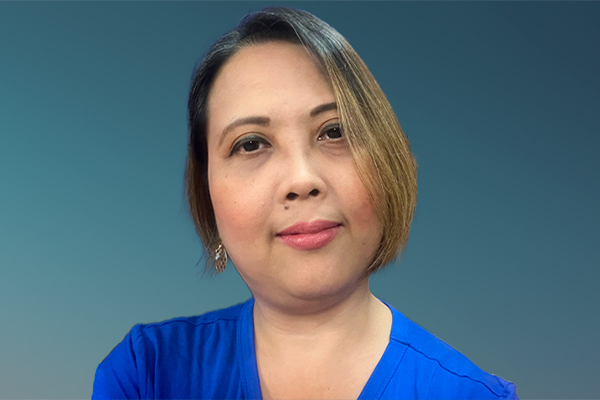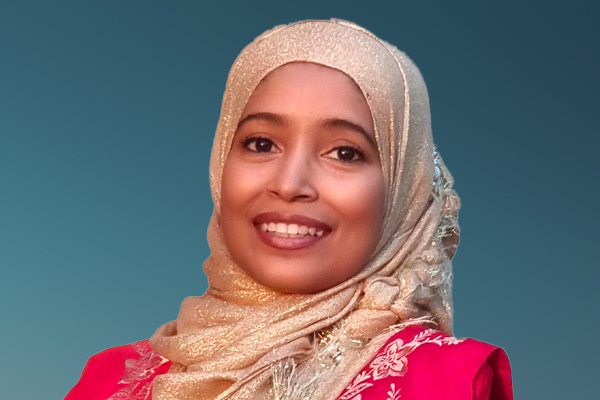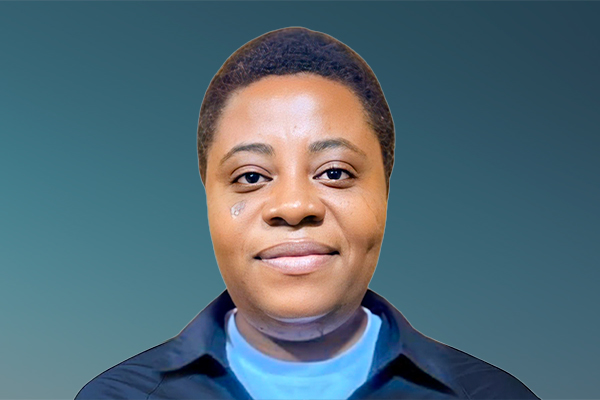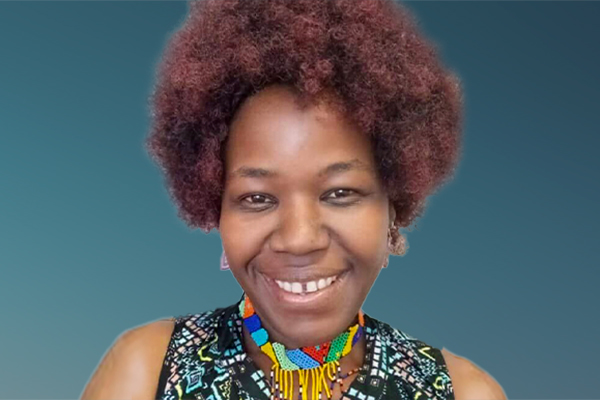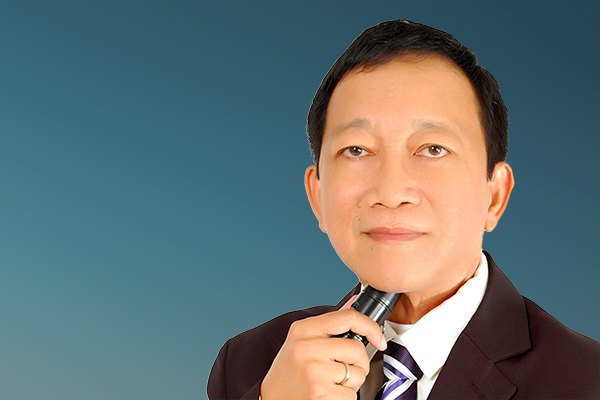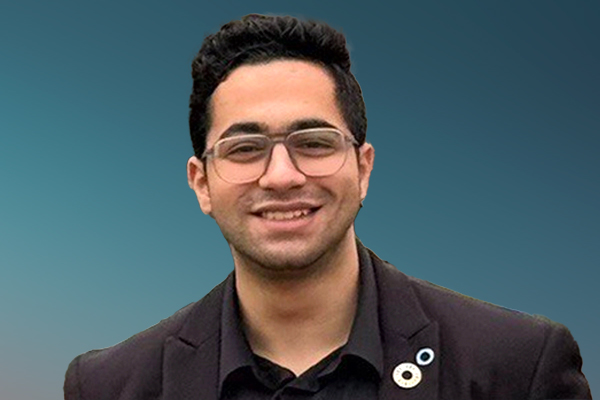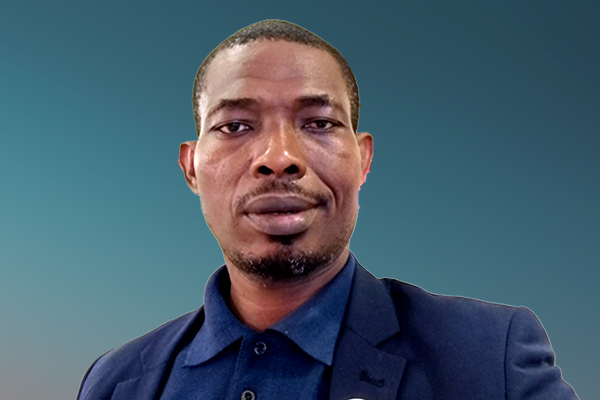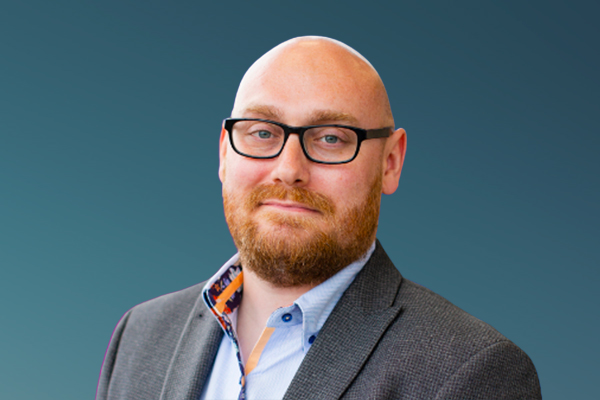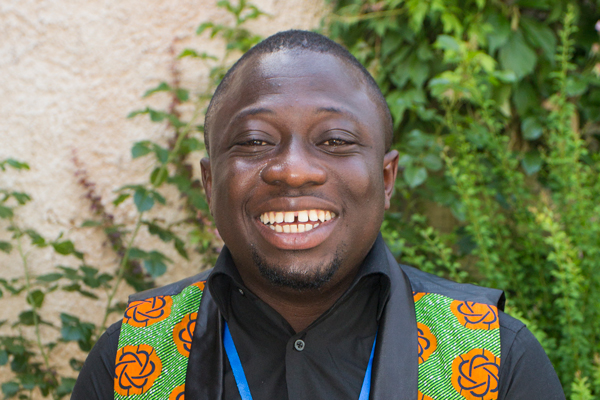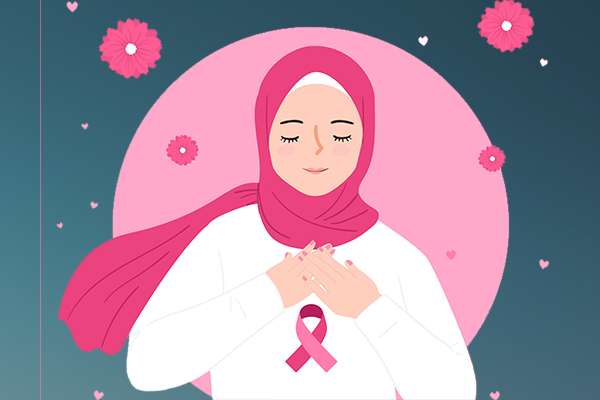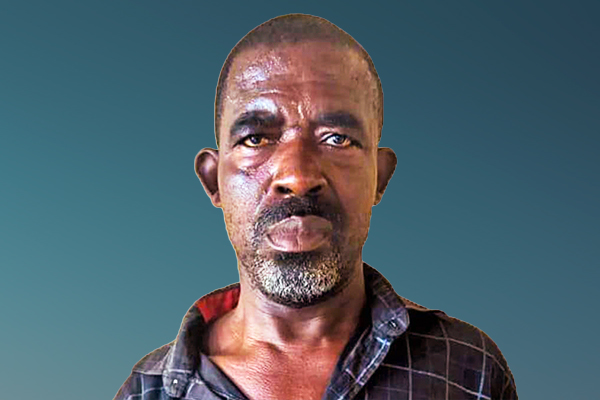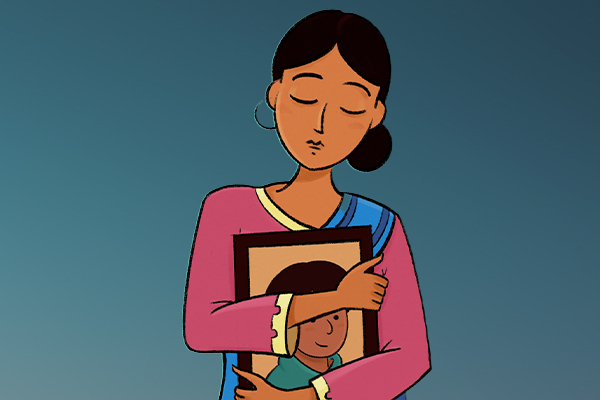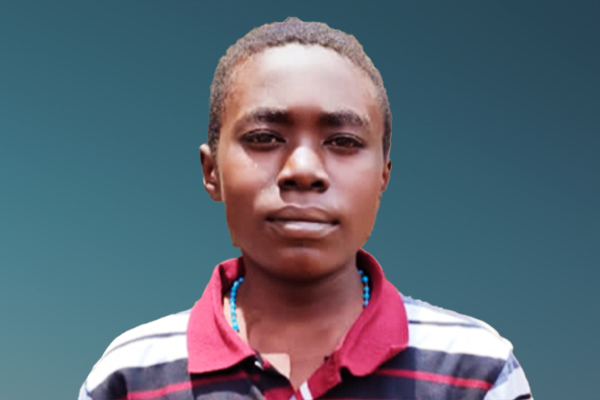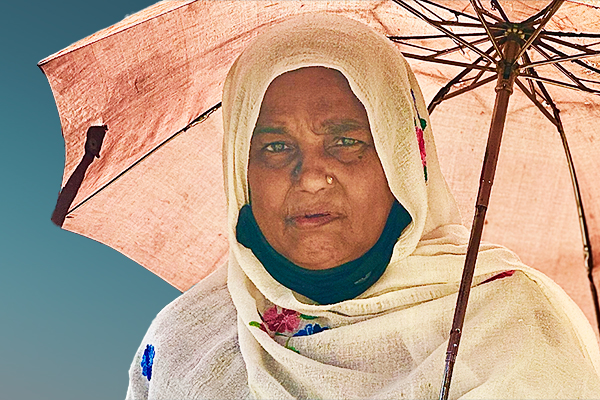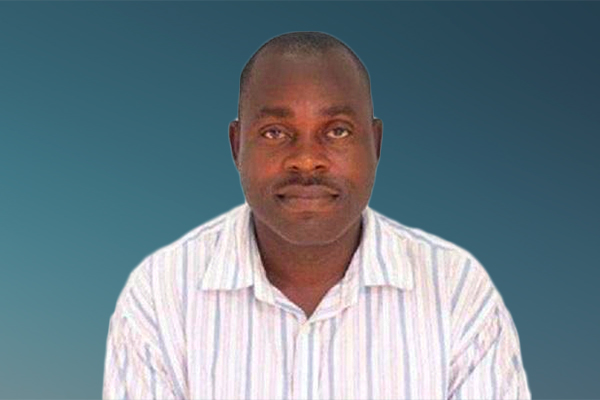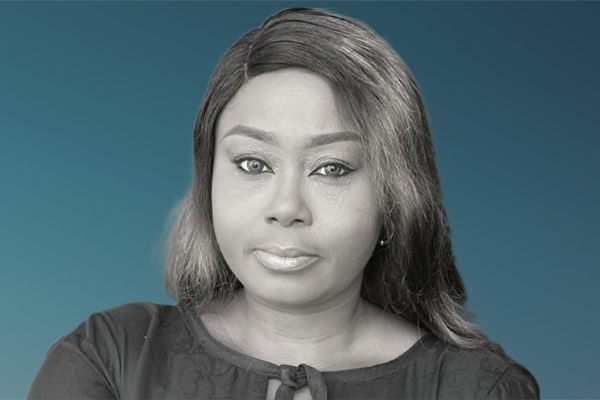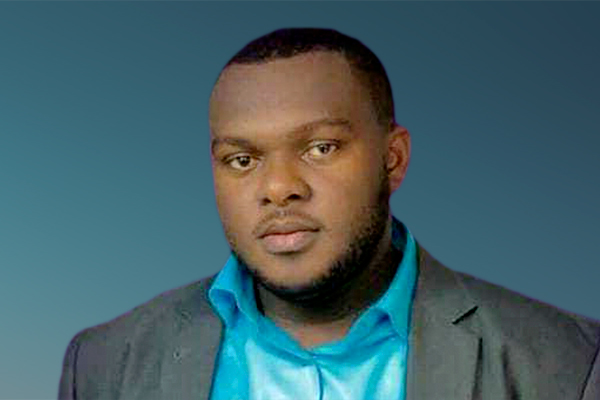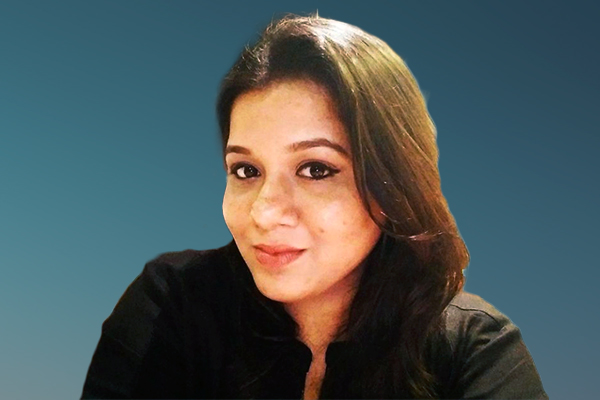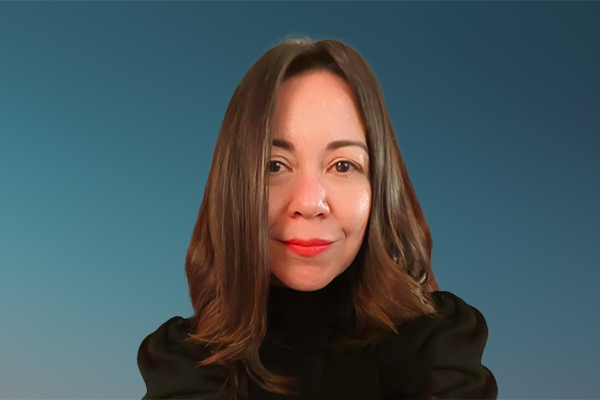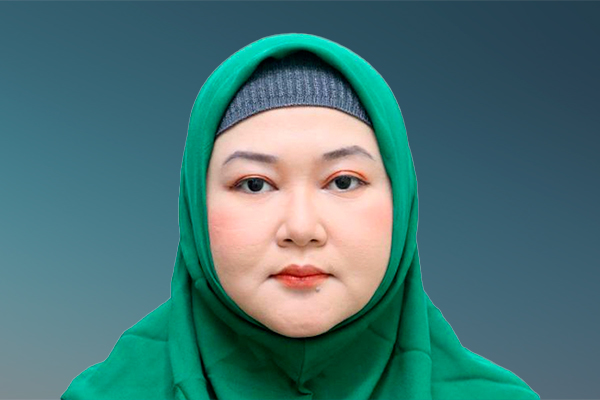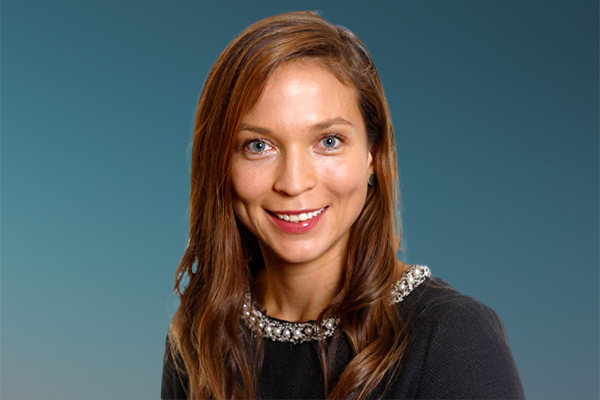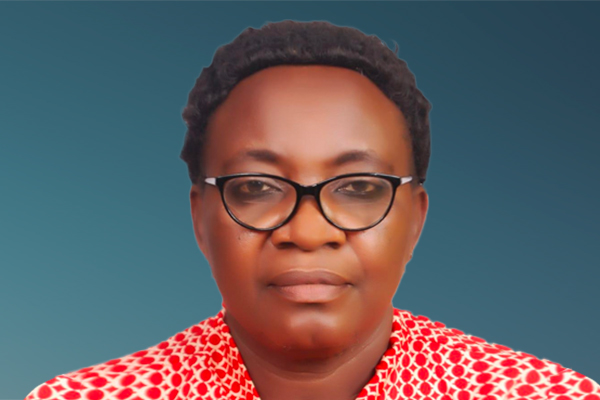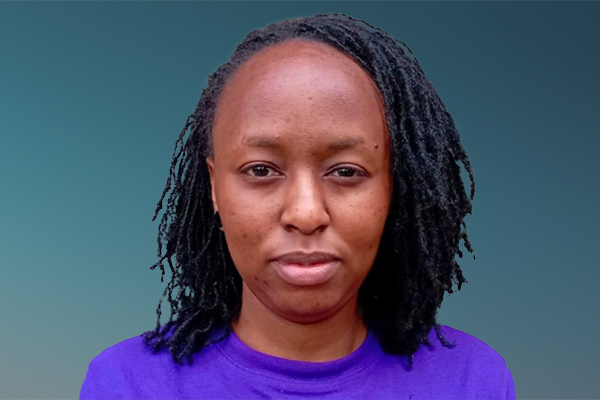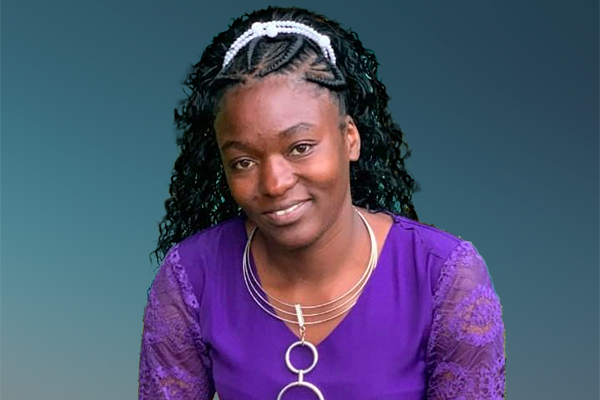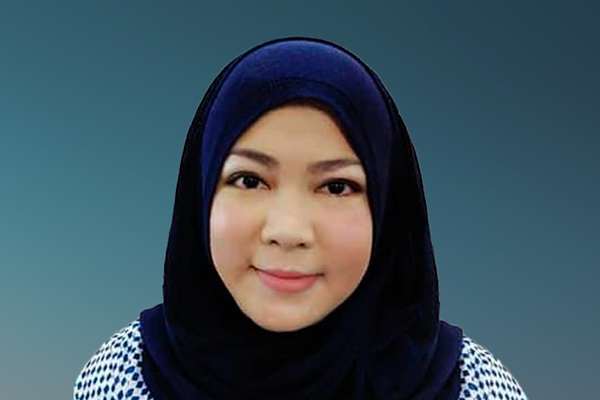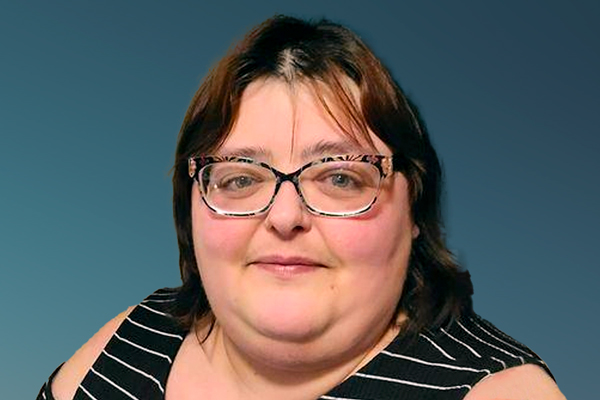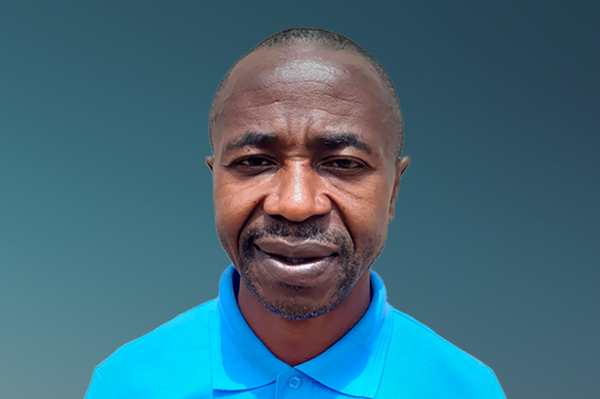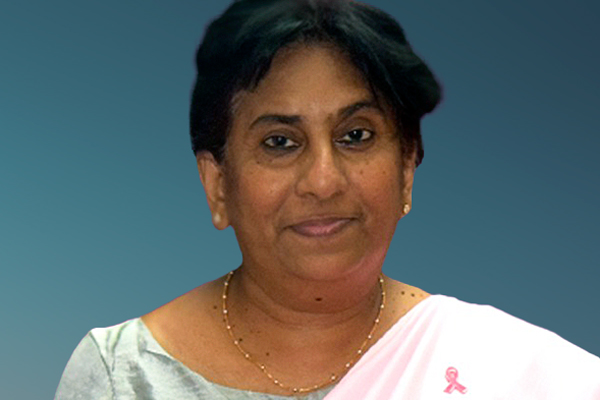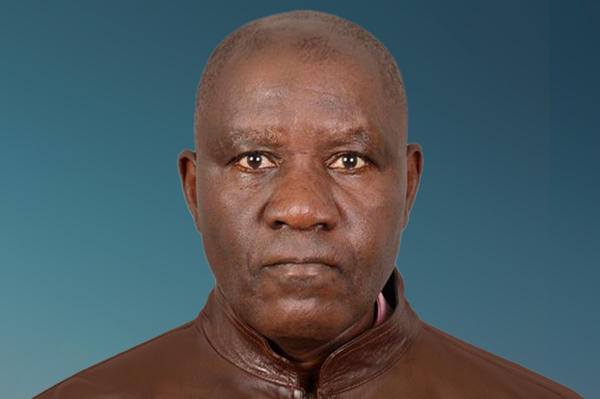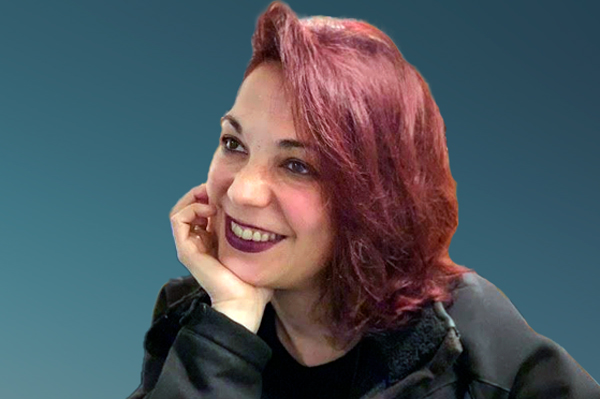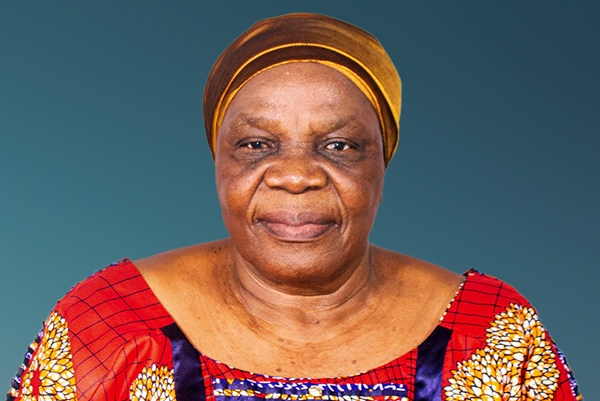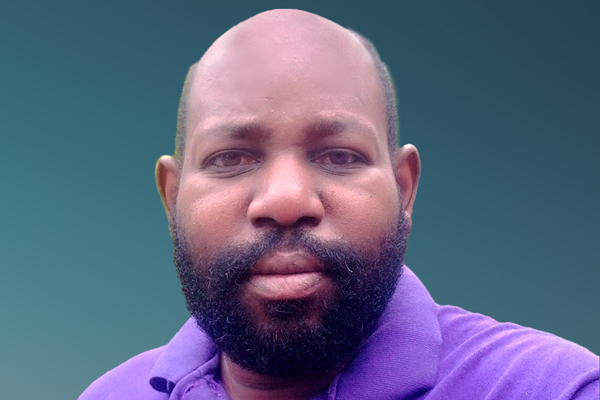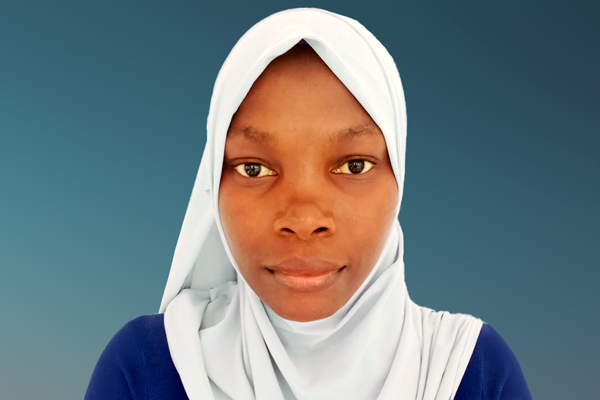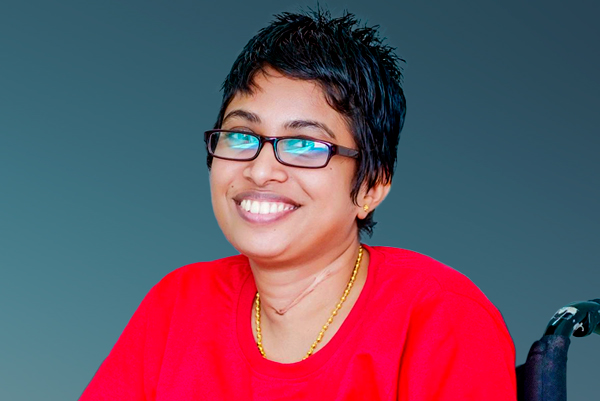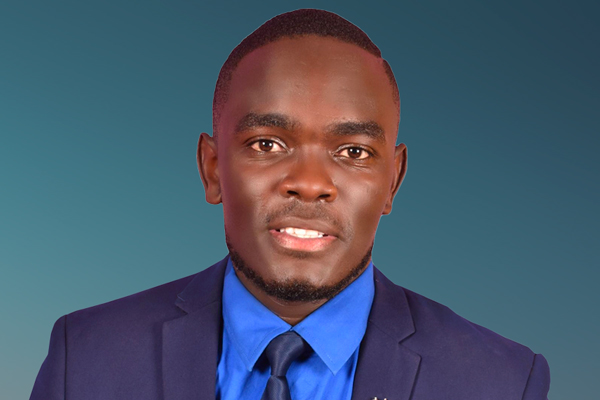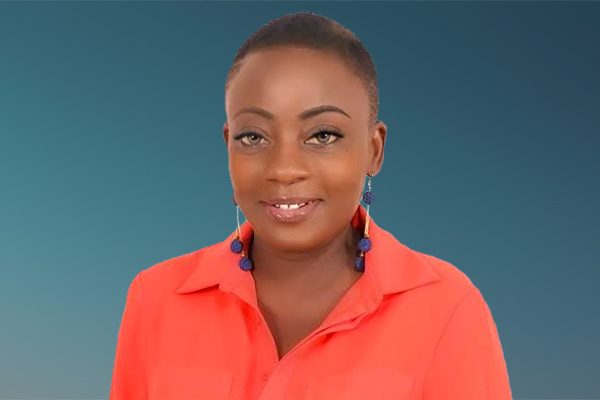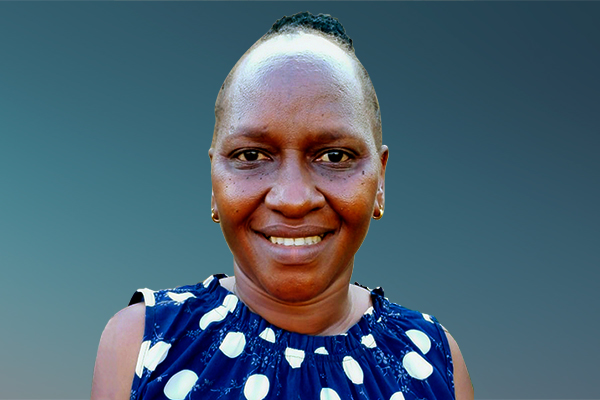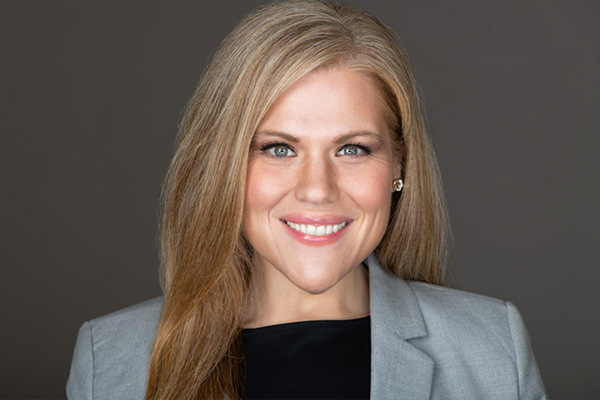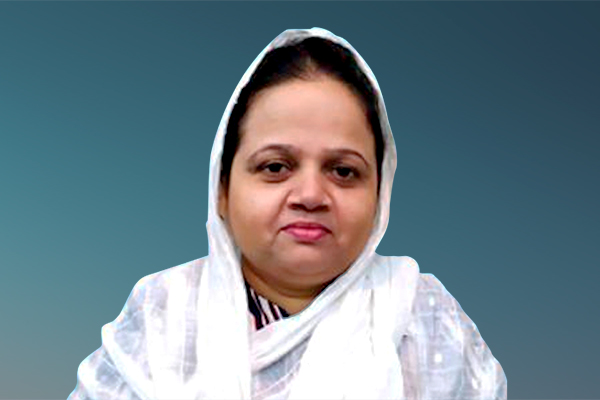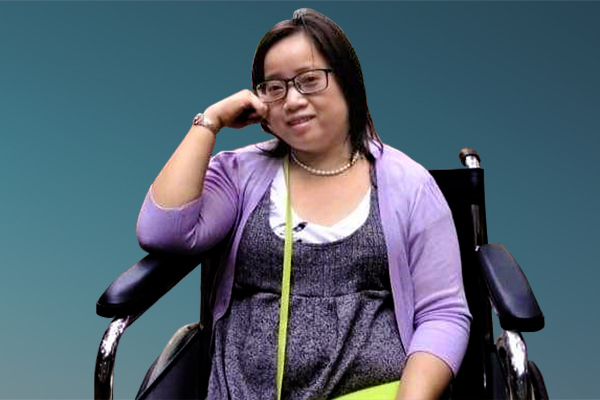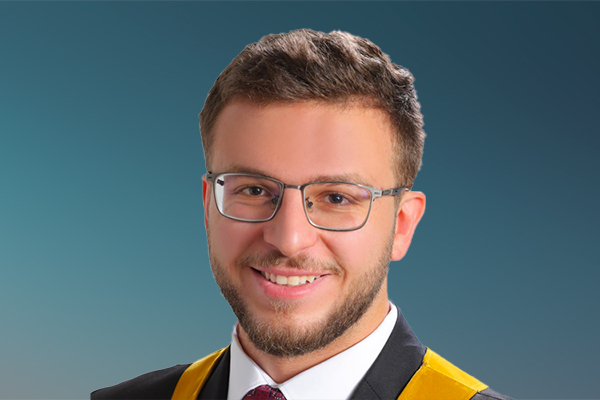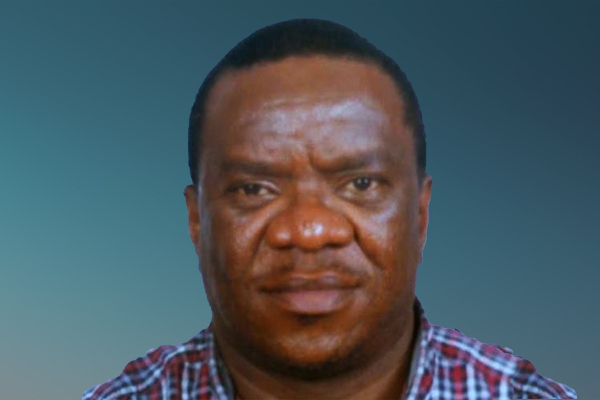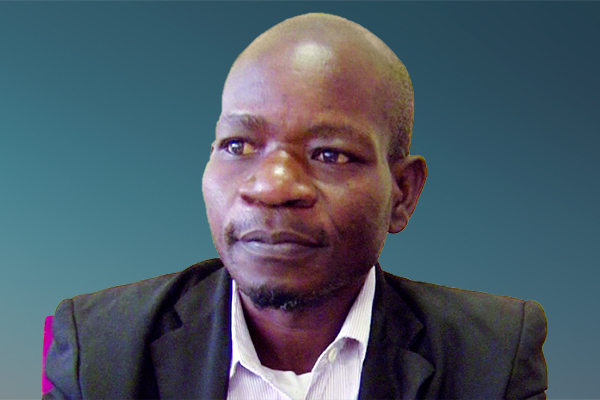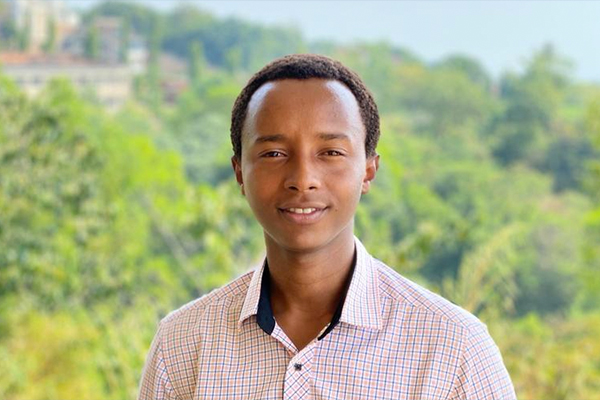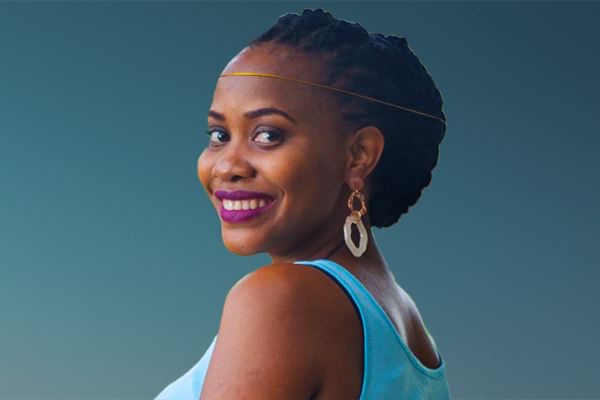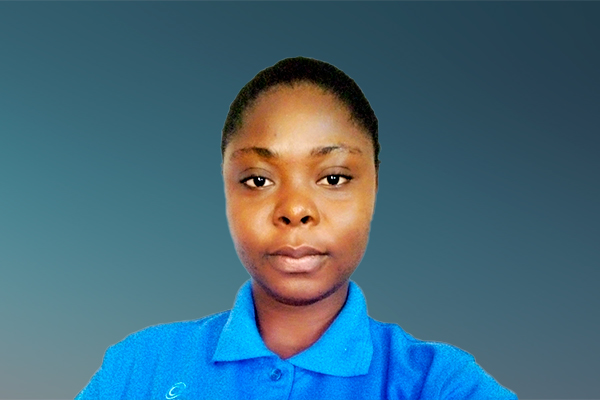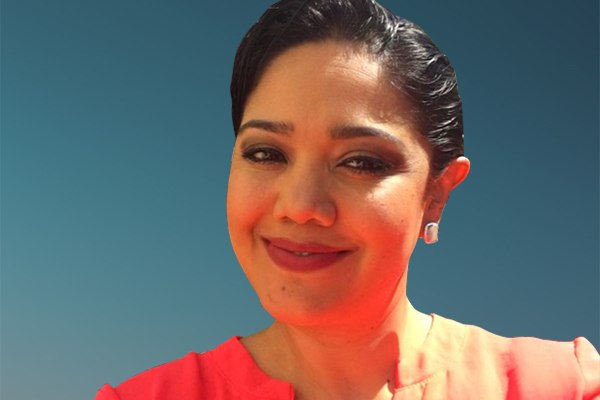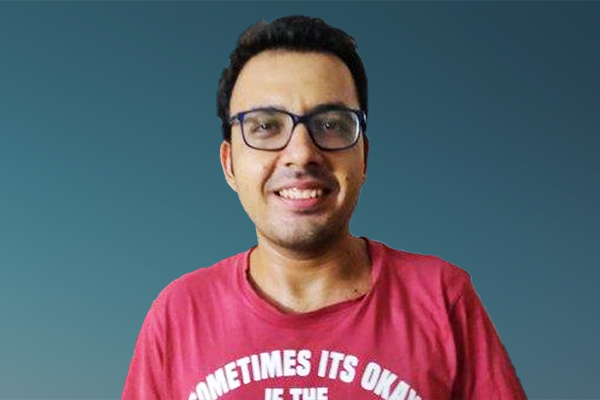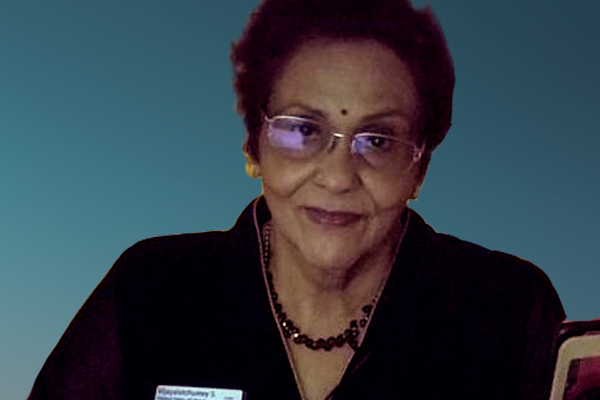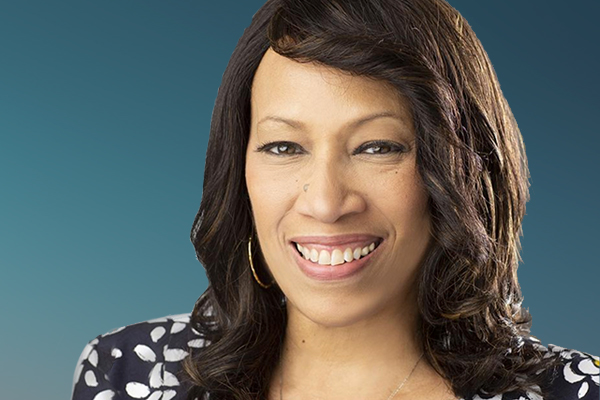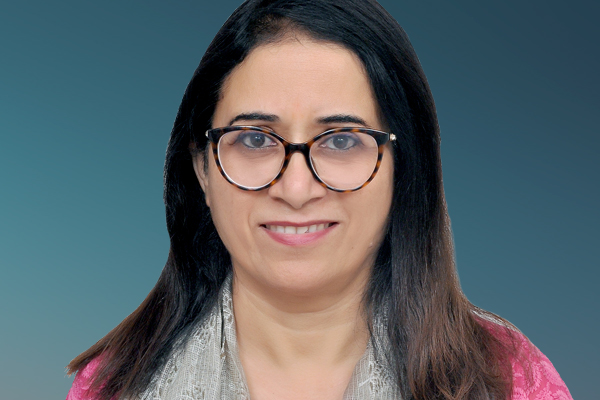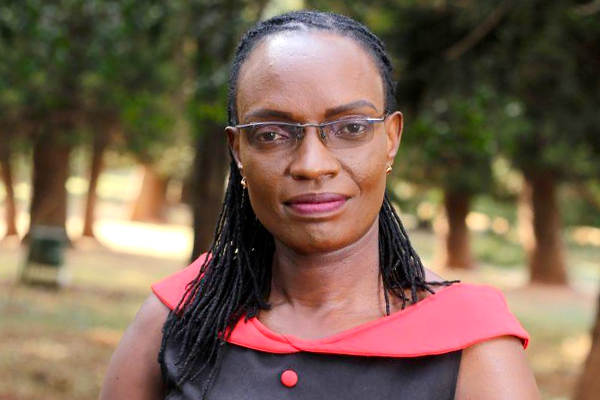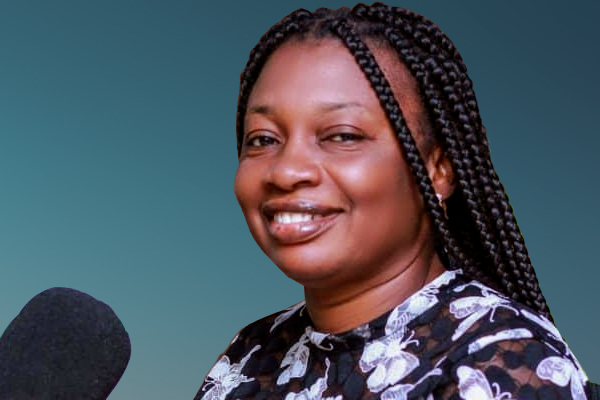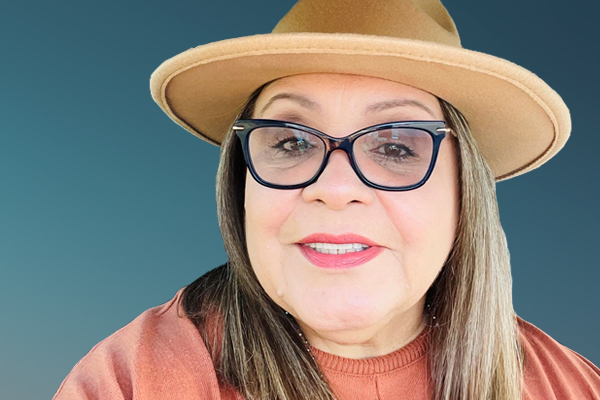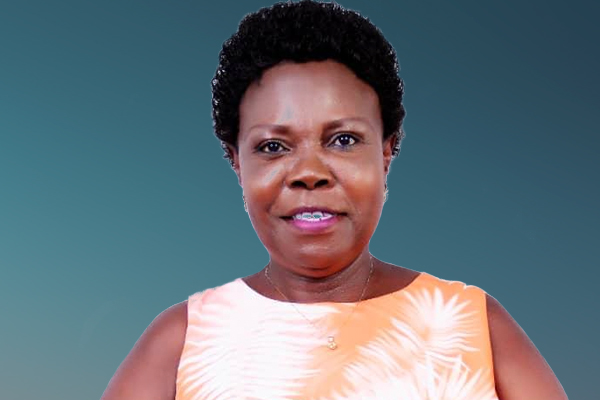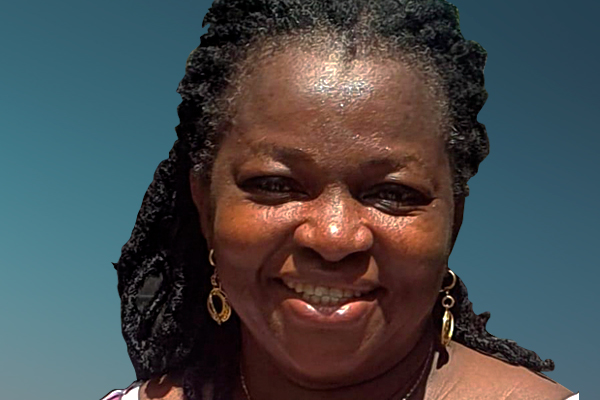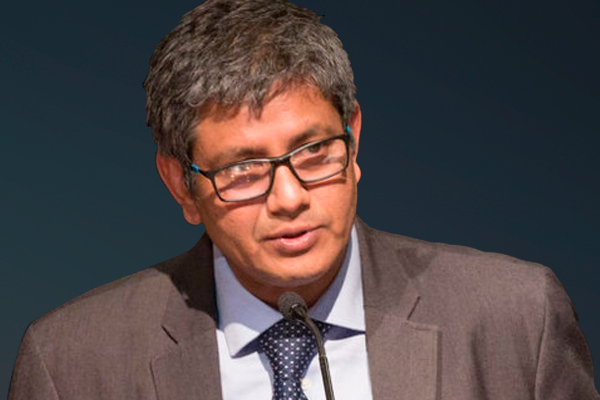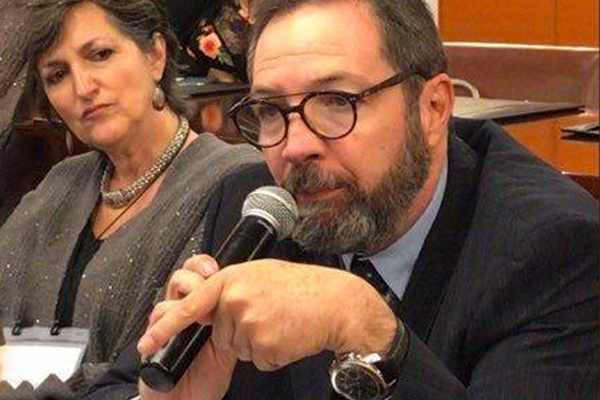Sooner than I thought, we are drawing the curtains on Series 5 of the NCD Diaries and as you know, I am Christopher Agbega, a person living with hereditary motor sensory neuropathy in Ghana, West Africa.
If you are new here, this is the last of three podcast episodes. So far, I have told my story and that of my community through highlights of some major inequities we face daily as we navigate our way around accessing treatment and support to live meaningfully regardless of our diverse NCD conditions.
In this concluding episode, I make a call; one that calls on my government and governments across the world to embrace strategies that promote health equity and prevent the discriminatory treatment of people living with NCDs.
I maintain that the first step towards eradicating inequities and improving treatment and care for people living with NCDs is to meaningfully engage and involve people living with NCDs in decision-making processes at all levels related to NCDs prevention and care. State and non-state actors must recognise that each individual’s lived experience is unique, and that uniqueness provides personalized expertise. We the people living with NCDs have firsthand insights beyond what subject experts or health workers can attest to. Our experiences are diverse and so are our needs.
Up until recently, the notion of involving people living with NCDs in Ghana’s NCD response was lacking. The Ghana NCD Alliance worked with the Our Views, Our Voices initiative to elevate the concept of meaningful involvement in Ghana to avoid tokenism. But, there are still some gaps which are evident in the many inequities I have described in my previous episodes.
The perspective of people living with NCDs, and by extension civil society in crafting comprehensive policies that are tailored to the individual needs of beneficiaries, must be upheld. This can only be attained with the right level of commitment from the government as well as enabling environments that provide opportunities and support for people living with NCDs to take their place as equal co-creators in the development and implementation of NCD policies.
I have already shared with you how employment opportunities are reduced for people living with NCDs due to discrimination, inaccessible facilities and sometimes perceived incapability. This undermines the rights and dignity of people living with NCDs and causes more financial constraints. Governments and civil society must contribute towards building the capacities of people living with NCDs through apprenticeship and specialized academic opportunities such that they are adequately employable in a system that is responsive to their accessibility and health needs.
The 21st century has seen many global discussions and declarations on NCDs and universal health coverage (UHC). However, translating these commitments into meaningful action, especially investment for NCDs is conspicuously missing, and guess who bears the burden? People living with NCDs are a vulnerable population. One that is more susceptible to the economic hardships that come with the high cost of treatment for NCDs. The huge out-of-pocket payments severely impact on our earnings leaving some of us and our families financially handicapped. In Ghana where public health financing and health insurance strategies are limited, payment for care traps households in a cycle of debt and extreme poverty as expenditure gradually shifts from basic needs such as food, shelter and education to expensive medications and medical procedures.
Well, it is not surprising for many NCDs to go unnoticed in a country like Ghana where primary healthcare is underfinanced and diagnostic centres and medical equipment are either unavailable or out of service, and in many instances centralized to urban communities. By extension, the scanty health financing is seen in the compromise of early detection - I share personal sentiments on how dangerous it is for an NCD to go undiagnosed due to the high cost of diagnostic procedures and far-fetched equipment.
Governments must acknowledge that early detection and diagnosis are key components for effective NCD management and contribute immensely to the attainment of universal health coverage. There is a need to invest and increase spending to improve primary healthcare to reduce out-of-pocket payment, boost early detection of NCDs and improve the overall well-being of affected populations. Health promotion targeted at raising awareness among community members also empowers them to make informed referrals of possible NCD symptoms to reduce complications and sudden death. I however commend the government for introducing the Networks of Practice which is geared towards strengthening Ghana’s Primary Healthcare system.
Ghana’s National Health Insurance Scheme (NHIS) is not inclusive of a variety of conditions and medications in its benefits package. The lack of availability of medicines and diagnostic equipment renders people living with NCDs very vulnerable. The government must understand that Ghanaian healthcare seekers are not the same. Some of us cannot go a week without medication, Some of us still cannot afford the cost of NHIS-subsidized medications. Some of us have chronic symptoms, and many of us cannot afford private health insurance.
Over the years, the primary treatment focus of the NCD response has targeted one condition at a time. In Ghana this is detrimental to the overall well-being of people living with NCDs. I can personally testify to the psychological distress I experienced early on in my diagnosis yet never during my treatment was I offered any mental health support or services. Ghana’s health system is yet to embrace a more integrated and comprehensive approach towards healthcare delivery for people living with NCDs. I firmly believe that an integrated, person-centred approach is important for low-resource countries like Ghana. Integrating NCD services will help to improve coverage, reduce NCD comorbidities and save lives. Comprehensive treatment packages for people living with NCDs should be prioritized.
A healthy nation they say is a wealthy nation. Ghana and all other countries must leave no stone unturned in the quest towards universal health coverage. This includes all the issues I’ve mentioned as well as safeguarding the population from the social and commercial determinants of health. NCDs are preventable when the major risk factors are controlled. Governments must endeavour to enact and enforce public health laws that reduce the availability, accessibility and affordability of tobacco, alcohol and unhealthy diets. The government should also engage in anti-air-pollution initiatives and encourage physical activity across all age groups. It is possible!
Let me take this opportunity to express my sincerest appreciation to the NCD Alliance and Ghana NCD Alliance for allowing my voice to make a difference. I encourage all people living with NCDs to speak up. Let your voices echo by any means possible for the health equity that we deserve.
A big shout-out to the hidden heroes - our caregivers, who dedicate their time, energy and finances to ensure that we live. We count you as a blessing in our journey.
Thank you, yes you, for listening to this podcast. Do well to share this podcast with your friends and family - be part of the change.
Signing out of the NCD Diaries Series 5 is yours truly, Christopher Agbega.
Remember, “Nothing About Us Without Us”. Take Care. Bye!

